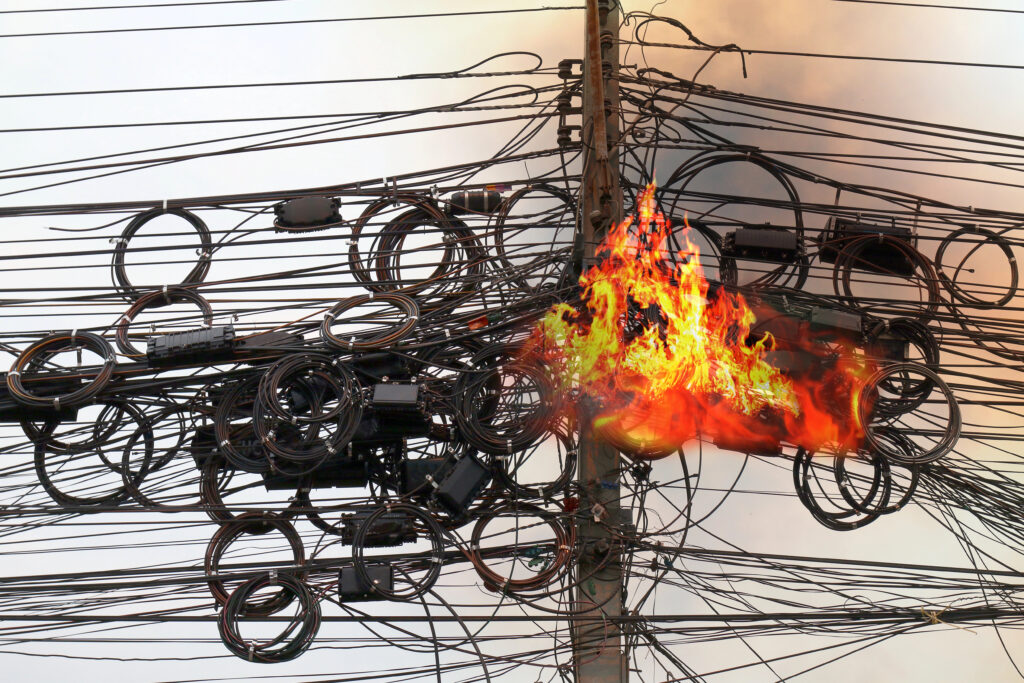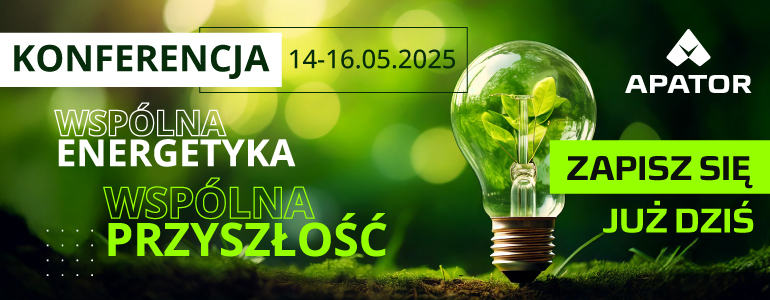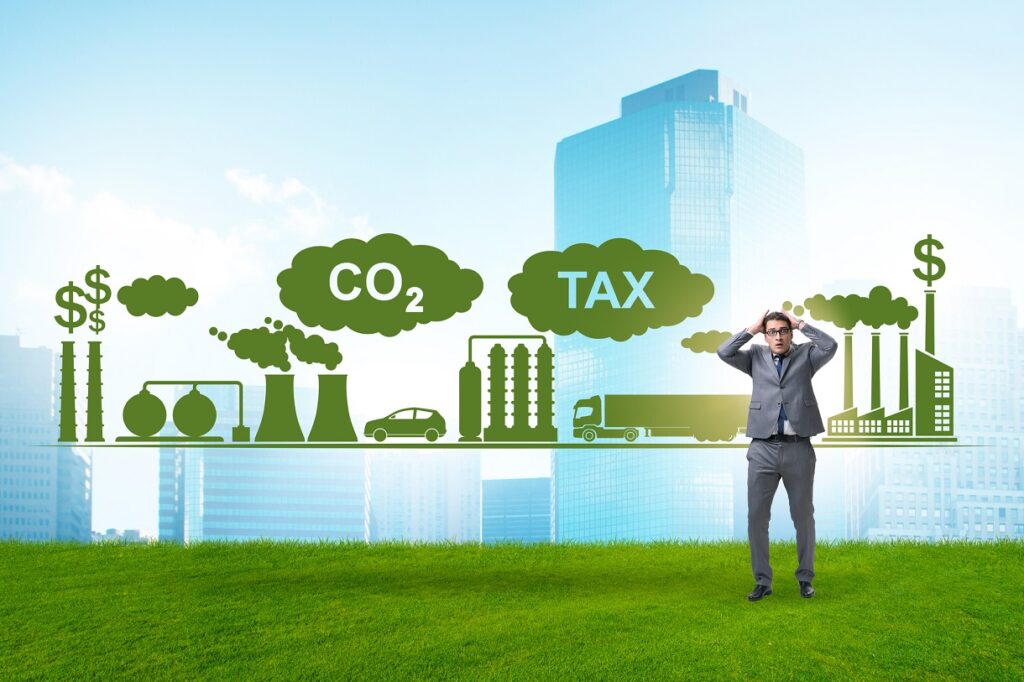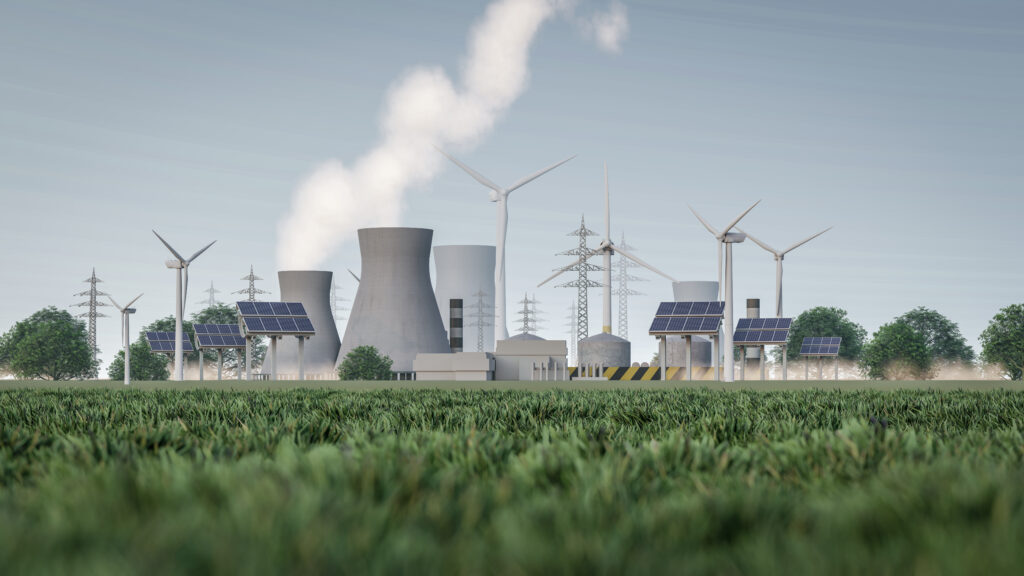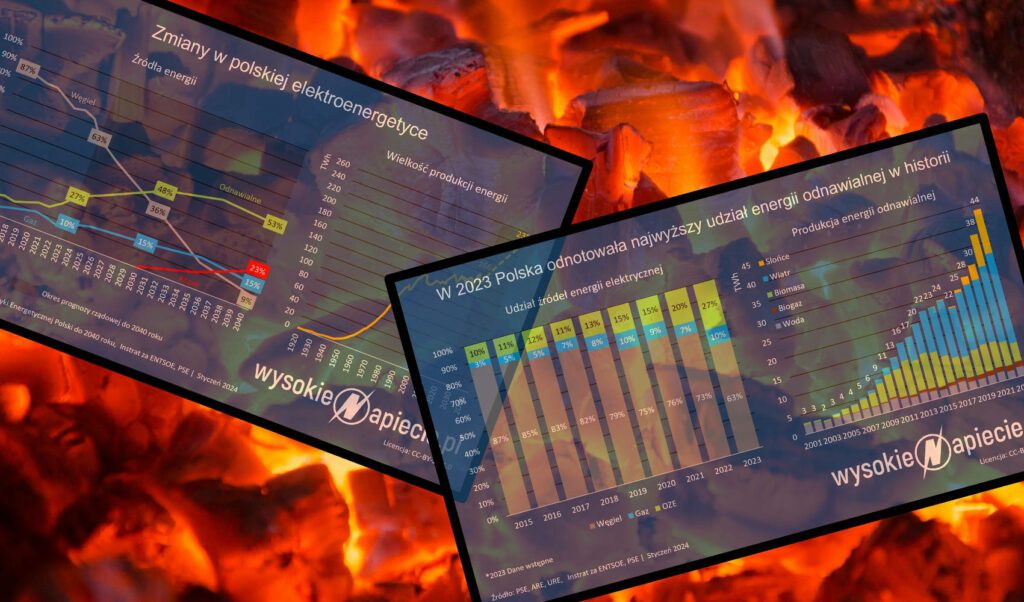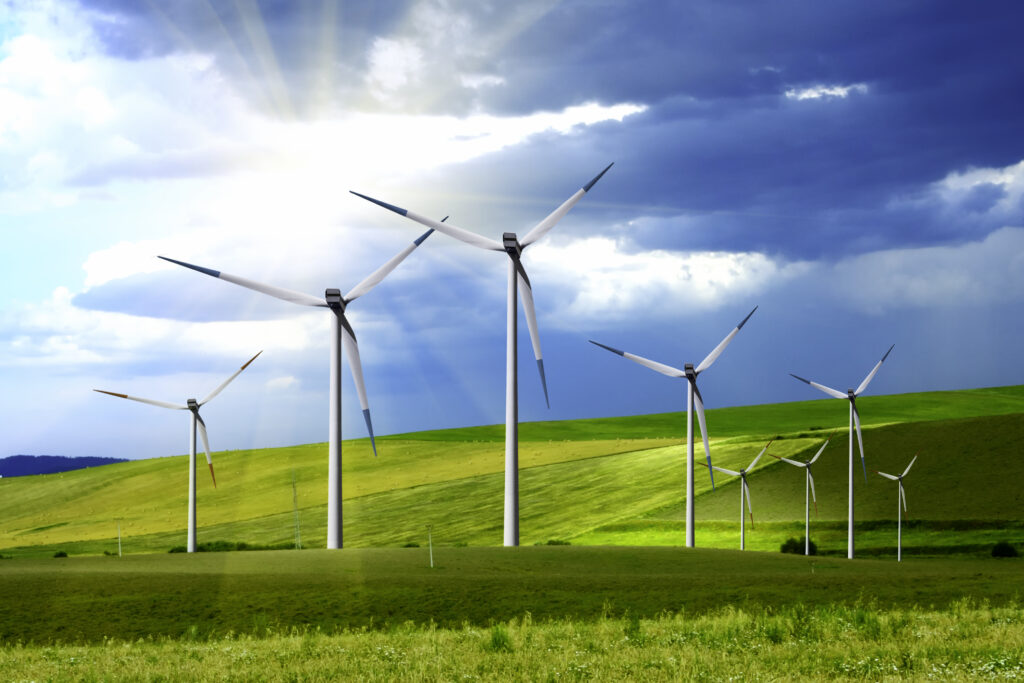Spis treści
On Wednesday, April 10, the parliamentary committees approved in the first reading a bill that will establish a completely dysfunctional oversight mechanism for one of the most critical sectors of the economy. The existing government department titled “energy” will be divided into two parts. The first part, which will retain its current name, will remain in the Ministry of Climate and Environment, under the leadership of Paulina Hennig-Kloska from Poland 2050. The new “energy” department will include conventional and renewable power plants, energy networks, EU funds, district heating, and – theoretically – energy policy.
The newly created Ministry of Industry will take over the former “mineral resources management” department. It was once mining but will now be renamed “management of energy resources” and will also include oversight of gas and oil. Minister Marzena Czarnecka will handle regulations related to mining, gas, gas networks, liquid fuels, and nuclear energy. Consequently, relevant departments from the Ministry of Climate will move to the Ministry of Industry, but most officials are likely to stay in Warsaw rather than relocating to Silesia.
Additionally, there is the Ministry of State Assets, which oversees ownership of energy companies and is therefore naturally interested in regulations affecting their operation.
That’s not all – we also have the Government Commissioner for Strategic Energy Infrastructure, Maciej Bando. Formally, he is a deputy minister in the Ministry of Climate. However, since oversight of nuclear energy and gas networks is moving to the Ministry of Industry, the commissioner will be one person in two administrative roles – akin to God the Father and the Holy Spirit.
While overseeing high-voltage energy networks (PSE) will fall under the Ministry of Climate, oversight of gas networks and nuclear energy will be under the Ministry of Industry. The commissioner might need a special allowance for the risk of splitting (bureaucratic) identity…
During the discussion, no MP questioned the rationale behind the division of energy oversight. The justification provided by the authors of the bill is rather vague – it states that “the purpose of the bill is to streamline the implementation of tasks performed by the government administration, thus increasing the efficiency of government administration.”
This is clearly related to the Civic Coalition’s campaign promise to locate the Ministry of Industry in Silesia. Although the promise primarily concerned mining, the decision was made not to recreate the old PRL Ministry of Mining. An astonishing experiment was agreed upon between coalition partners, an unprecedented solution in Europe and perhaps the world.
In developed countries, energy regulation is overseen either by a separate department (such as the Department of Energy in the USA, the Department for Energy Security and Net Zero in the UK, or the Ministry of Ecological Transition in France), or it is part of a larger economic ministry (like in Germany and Spain).
Separate ministries regulating electricity and oil and gas exist in India and some Arab countries, but it is unclear whether these are models that the Polish administration should adopt.
Dividing energy into gas, fuel, and electricity sectors and assigning them to different ministries has not occurred since 1989. It is akin to splitting the “transport” sector by leaving cars in the Ministry of Transport while assigning railways to the Ministry of Climate, since trains primarily run on electricity.
And what if the “agriculture” sector were divided into “crops” and “livestock,” creating a new Ministry of Animals that would also take over hunting oversight from the Ministry of Environment? Shouldn’t animals have their own minister?
Similar ideas could be multiplied.
Gray to Industry, Green to Climate
The consequences of this division can be easily seen in examples. The Ministry of Climate previously oversaw regulations related to hydrogen, a fuel with immense potential. After the division of competencies, oversight of regulations for “green” hydrogen produced from renewable energy sources will remain in the Ministry of Climate, but regulations for “gray” hydrogen, produced from fossil fuels via reforming, will move to the Ministry of Industry.
The same fuel, which can be mixed, will now have two ministers with their own ideas for regulation.
Regulations concerning the production of biogas, i.e., gas produced from various plants or waste, will remain in Paulina Hennig-Kloska’s ministry. However, how the gas network will handle this biogas will be the domain of Marzena Czarnecka’s ministry.
More such absurdities are likely to emerge in the so-called “washing.”
It’s Not Me, It’s My Colleague
What will be the outcomes of this division? Polish officials tend to shift responsibility if there is any legal chance that the matter falls under another ministry’s jurisdiction.
Sometimes it’s the opposite – politicians or officials fight to have a matter fall under their domain. We’ve already had a preview of what’s to come when media reported a dispute over the placement of Minister Bando. Minister Czarnecka wanted him to move to her ministry, and a draft regulation was even created, but it was blocked by the Ministry of Climate. Maciej Bando himself admitted in an interview with “Rzeczpospolita” that spreading competencies does not serve efficient functioning.
We will likely witness prolonged jurisdictional disputes, especially regarding energy policy, which encompasses all types of energy.
The ability to make difficult decisions is not a strong suit of Polish politicians, and fragmenting oversight over energy will only deepen this reluctance. Why risk protests when someone else can make the decision?
Before the elections, several think tanks called for the creation of a single Ministry of Energy Transition, consolidating all key competencies for transformation in one hand. Instead, these competencies were dispersed.
In the PRL, the dispersion was taken to the extreme, creating various configurations like the Ministry of Heavy Industry, the Ministry of Light Industry, the Ministry of Chemical Industry, the Ministry of Food Industry, and the Ministry of Metallurgy.
Indeed, our authorities are following a righteous path…
If things continue this way, saving Polish energy will require a Ministry of Magic.

